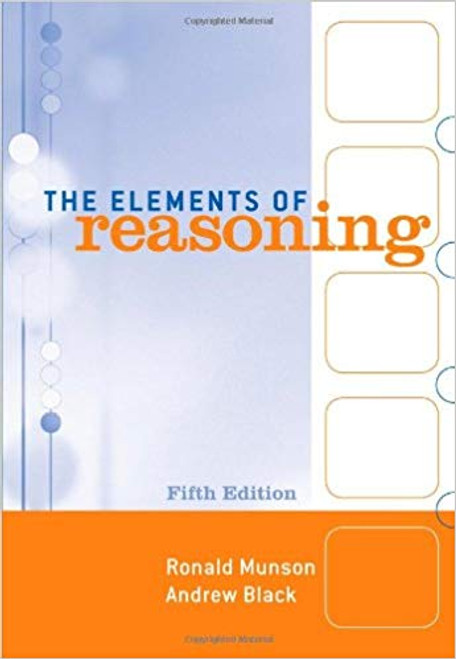Metaphysicians have for centuries attempted to clarify the nature of the world and how rational human beings construct their ideas of it. Materialists believed that the world (including its human component) consisted of objective matter, an irreducible substance to which qualities and characteristics could be attributed. Mind, thoughts, ideas, and perception was viewed as a more sophisticated material substance. Idealists, on the other hand, argued that the world acquired its reality from mind, which breathed metaphysical life into substances that had no independent existence of their own.
These two camps seemed deadlocked until Immanuel Kant's Critique of Pure Reason endeavored to show that the most accurate theory of reality would be one that combined relevant aspects of each position, yet transcended both to arrive at a more fundamental metaphysical theory. Kant's synthesis sought to disclose how human reason goes about constructing its experience of the world, thus intertwining objective simuli with rational processes that arrive at an orderly view of nature.
About the Author
Immanuel Kant, born in Königsberg, East Prussia (in what is now Kaliningrad, Russia), on April 22, 1724, was reared by parents who were members of the Lutheran sect known as Pietists. Though his upbringing was religious, Kant did not find himself subjected to a dogmatic or doctrinaire home environment. After completing his early education at the Collegium Fridericianum, he entered the University of Königsberg in 1740 at the age of sixteen. Though it was originally thought that he would make the ministry his life’s pursuit, Kant took the minimum number of required courses in theology and then dedicated himself to philosophy, mathematics, and physical science. During the years between 1746 and 1755 he worked as a private tutor in an effort to support himself through graduate work after the death of his parents left him without financial assistance. Receiving his doctorate in 1755, he taught at the University of Königsberg for fifteen years until 1770 when he was finally promoted to Professor of Logic and Metaphysics. Kant held this position until his death on February 12, 1804.







